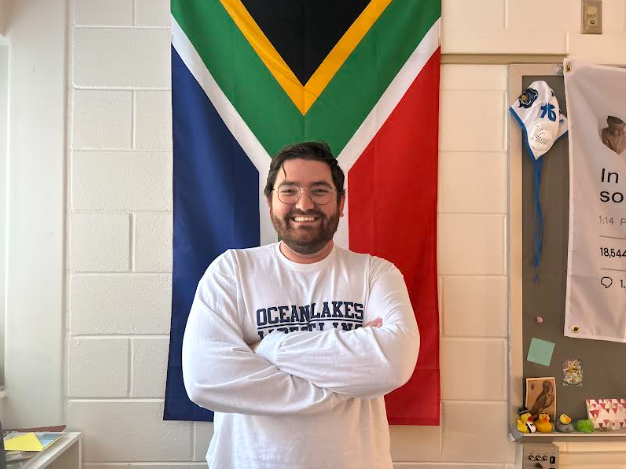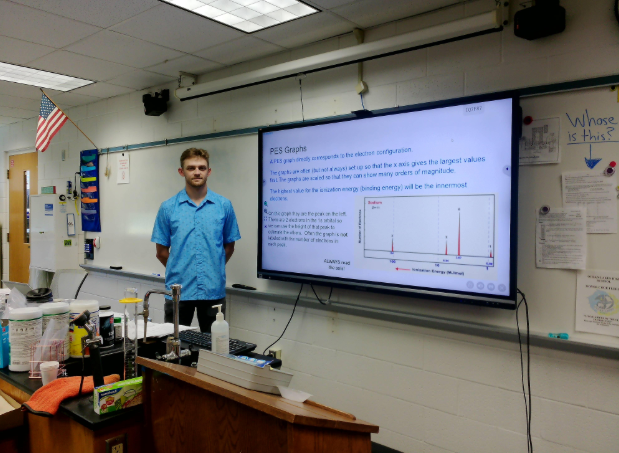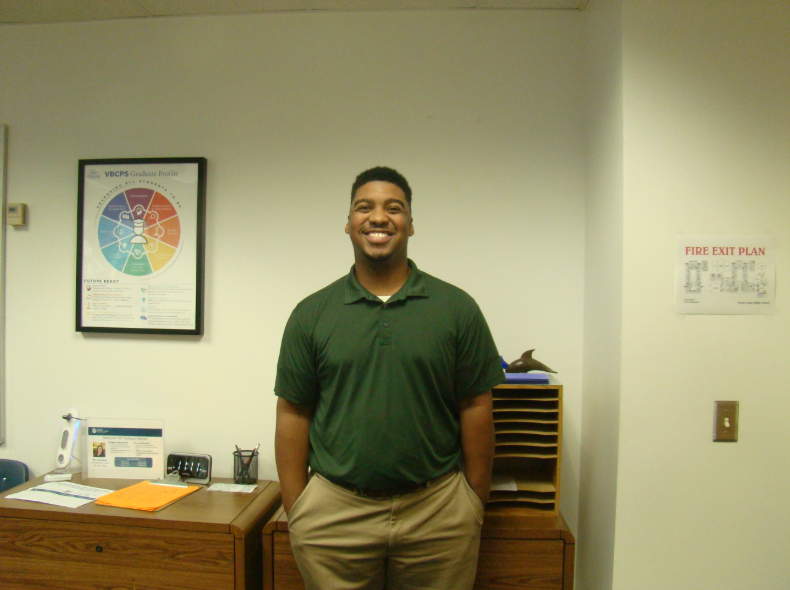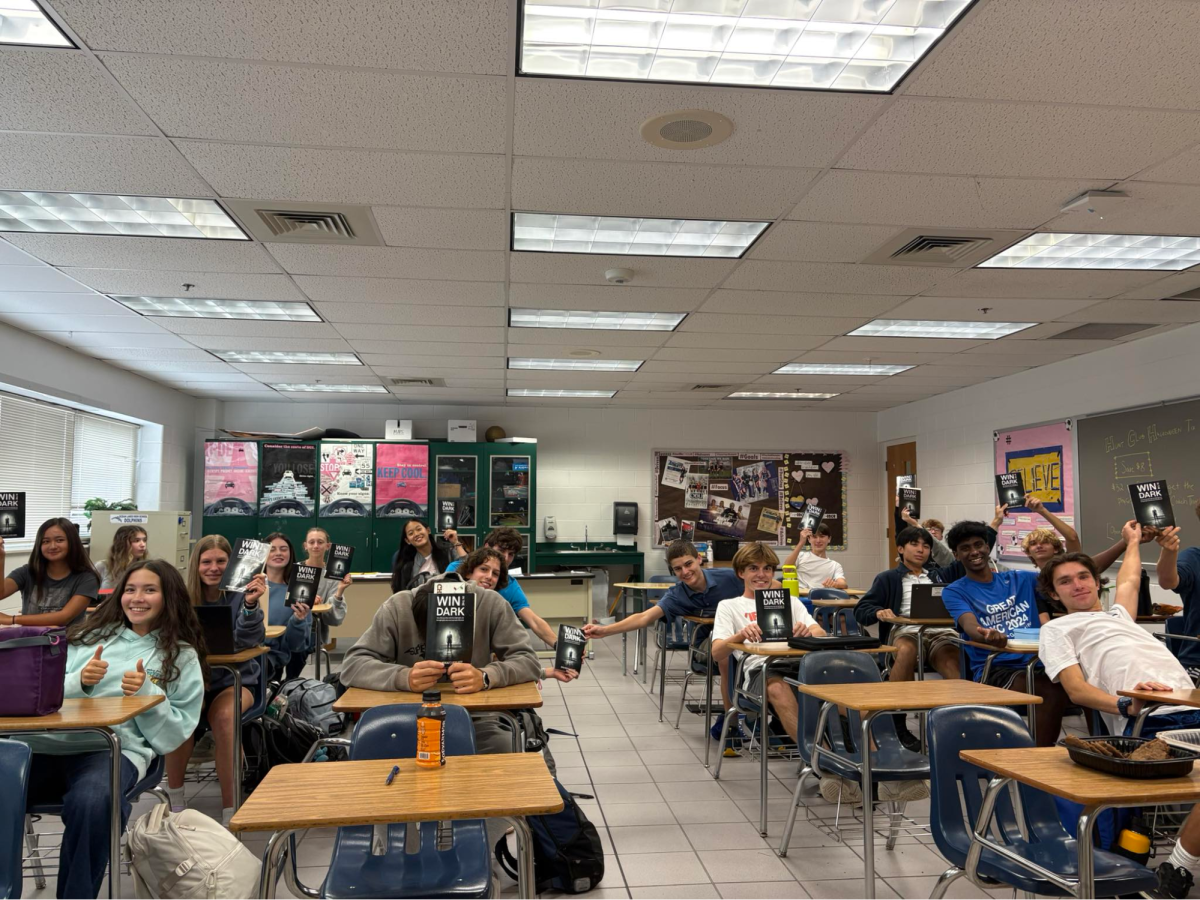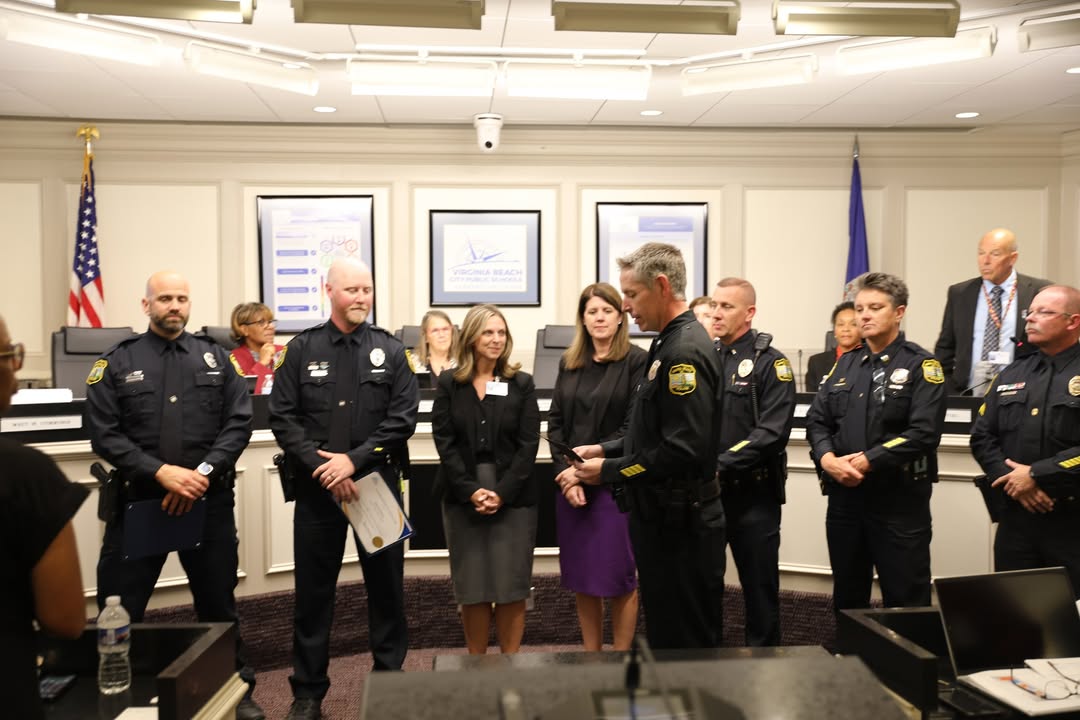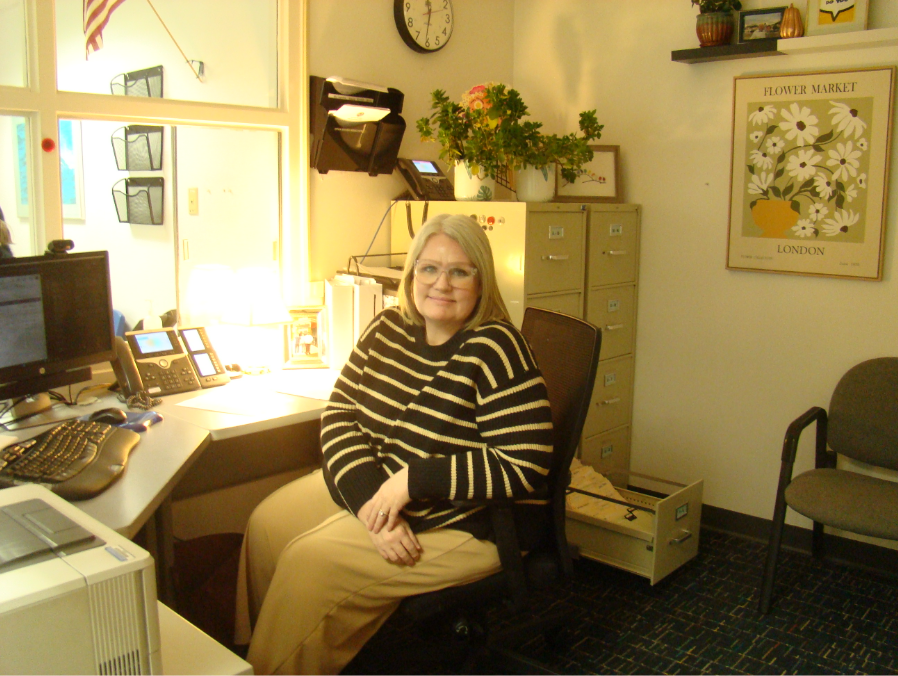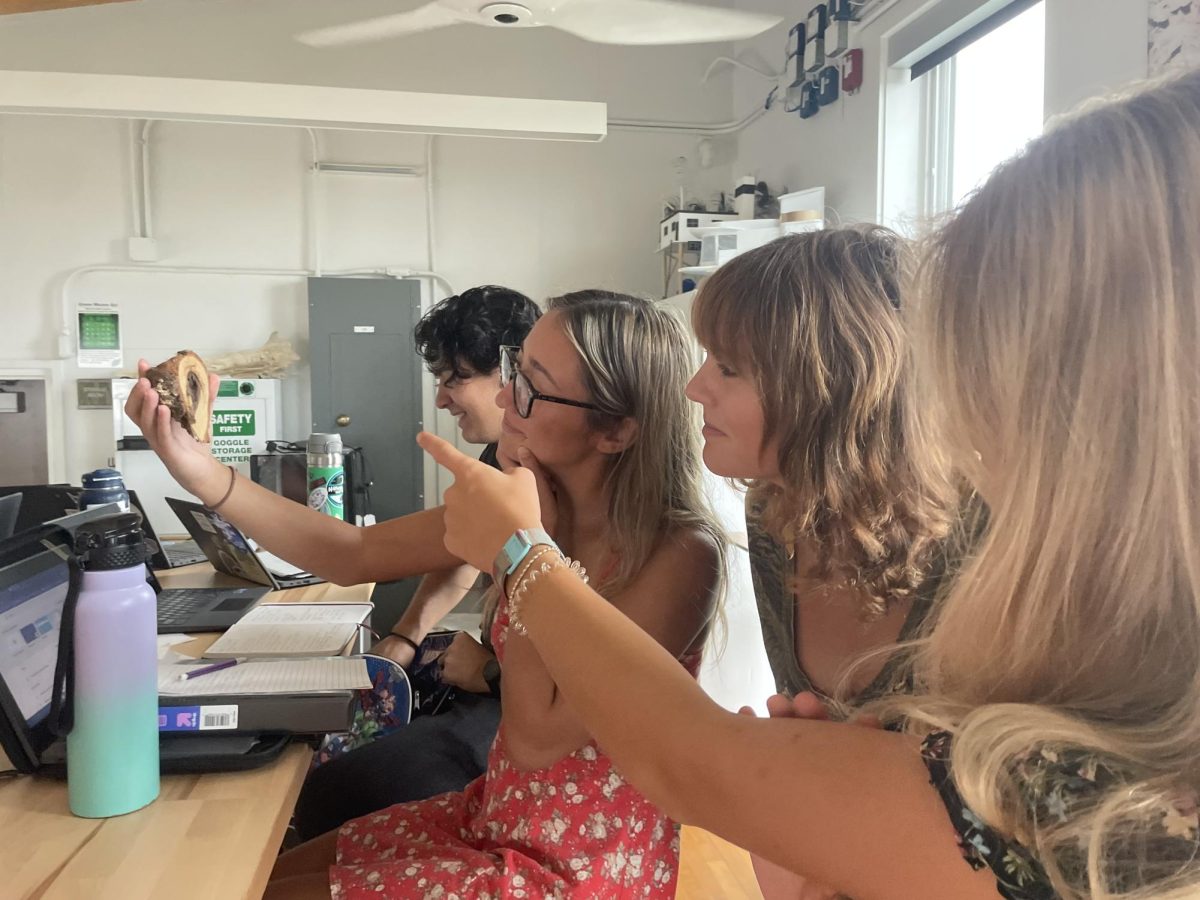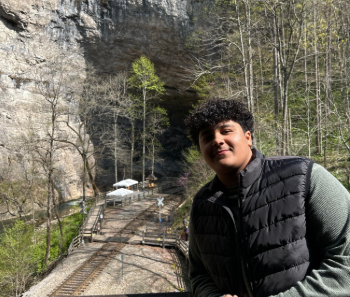Everyone has their own background, but this teacher has a specifically unique one.
Jared Swift is the AP European History and World History II teacher. Swift was born and raised in Durban, South Africa, which is a city located on the east coast of the country.
While in school, Swift attended Thomas More College, a co-ed, preK-12 private school. He played rugby for most of his schooling years as well as field hockey, which is traditionally a female sport in the U.S.
“Sports traditionally seen as ‘girls sports’ in the U.S. were encouraged for boys in South Africa. Field hockey is probably the sport I played the most that’s considered a ‘girls sport’ here,” Swift said.
When Swift became an adult, his family made the decision to move to the U.S. for increased opportunities.
“When I was 18, my mom got a job in America, and she brought [my family] with her,” Swift said.
A common misconception about living in Africa is that everyone lives in poverty, and all the cities are poor; however, that is not necessarily true in South Africa. Places like Cape Town, Johannesburg and Pretoria are examples of urban, wealthy cities, all located in South Africa. Swift’s city of origin, Durban, is the third-most populated city in the country. With many cities in the country being wealthy and populated, the misconception about widespread poverty throughout the region remains.
“One big misconception is that South Africa lacks the same kind of infrastructure found in first-world countries. While, yes, there are rural areas and aspects people often associate with Africa, I grew up in a very urban city,” Swift said.
Often exposed to the struggles of those less fortunate than him, Swift was very thankful for the area he was born in.
“My privilege was checked every single day,” Swift said. “I was very lucky growing up in South Africa. The majority of the population never had, and may never have, the opportunities I did, and for that, I’m forever grateful.”
This was a common theme that Swift expressed: the contrasting lifestyle between living in the U.S. versus living in South Africa.
“Culturally and politically, it’s very different. [South Africans] are more community-based and interconnected,” Swift said. “The people of South Africa operate in a way that I don’t think the American mind could ever fully understand, and I love it.”

